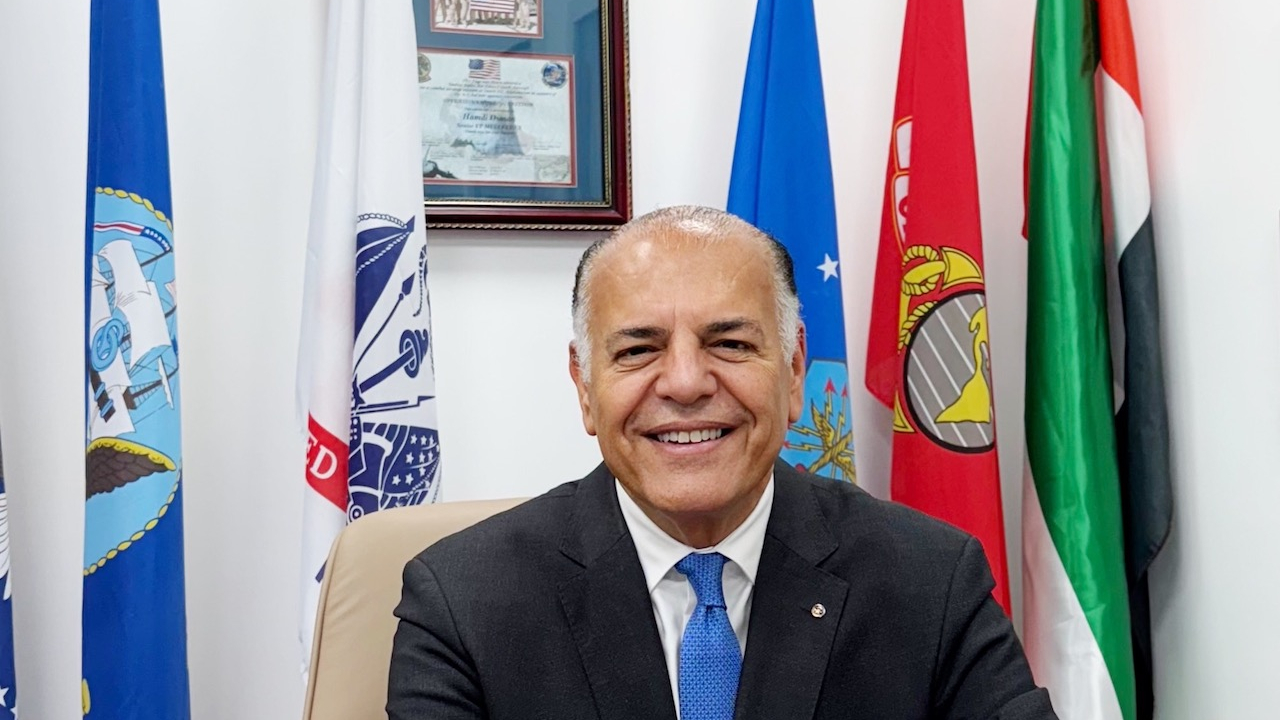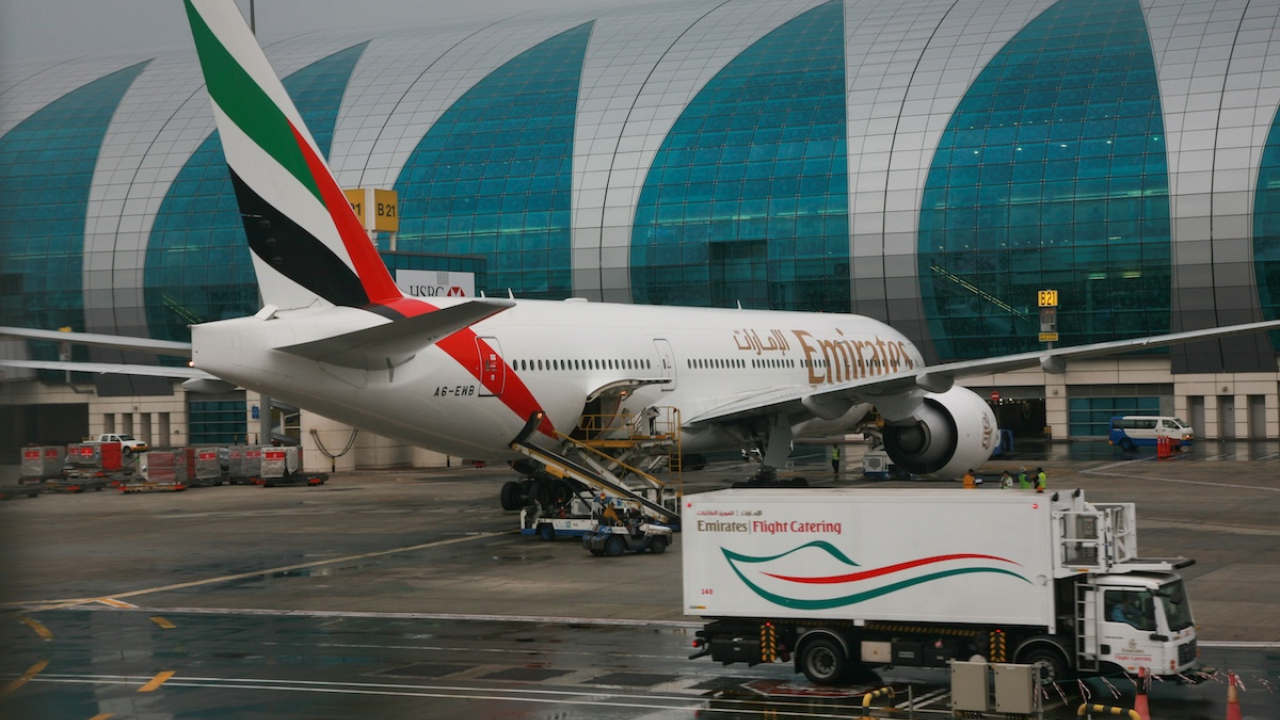SolitAir aims to be an ace in the pack
Founder and CEO of SolitAir, Hamdi Osman explains why he believes his freight airline can carve out a niche in a market dominated by the big boys.

Hamdi Osman particularly wants to connect the ‘global South’ to new destinations. IMAGE: SolitAir
In the mid-1970s, Hamdi Osman graduated from Egypt’s Helwan University and headed to the US to play in the country’s fledgling national soccer league.
He played for six months before, as he puts it: “I had to grow up and get a real job.” That job was with freight specialist FedEx Express and lasted for 34 years. Osman is now putting that experience of the freight industry to good use with the creation of his own cargo airline, SolitAir.
Dubai World Central-based SolitAir plans to seek air operator certificates (AOCs) in several countries where it intends to operate: “We’re looking into being a major player in Africa and I’m looking to be an intra-Saudi Arabia player. We’re also looking at the CIS for future development and we’re in India by default because one of our sister-companies, ASL, is on the AOC of QuikJet in Mumbai.”
Osman particularly wants to connect ‘the global South’ within six hours’ flying time of Dubai.
The fleet is planned around the Boeing 737-800 freighter: “About a week ago we got aircraft number four on dry lease from [Ireland-based] ASL Airlines; the first three were wet-lease.”
Osman has big ambitions: “We’re planning on expanding our fleet to a total of 10 aircraft before the end of the year,” he said.
Boeing 737-800 freighter conversions, with their 23-tonne payload, have been popular with cargo operators, partly because of their ready availability as a pre-owned type. However, with Boeing and Airbus struggling to deliver new aircraft, many airlines are holding on to their 737-800s for longer than anticipated. Whether this will affect SolitAir’s ability to source more aircraft remains to be seen.
The cargo market is a crowded one; Osman sought to raise SolitAir’s profile by attending multiple conferences and speaking on industry panels, using the opportunity to get the new company’s name out in the marketplace.
He said he has taken the passenger airline model of scheduled, daily flights and applied that to cargo flights, no matter how much – or how little – freight is booked: “We will be in Riyadh at 11.30 at night every single day, whether we have 1kg or 23 tonnes.” It will be the same on other routes in SolitAir’s growing network: “That will be our differentiating feature.”
Osman sees SolitAir complementing the large cargo airlines with widebody aircraft that operate intercontinental flights.
When a Boeing 777 freighter arrives from China at a major Middle East hub like Dubai or Riyadh with 100 tonnes of freight, for example, SolitAir will then fly the ‘spokes’ from that hub, taking smaller loads to secondary destinations such as Kuwait, Bahrain or Oman.
With this business model, SolitAir has signed agreements “with almost everybody you can think of” – airlines, integrators, freight forwarders and e-commerce companies. “That’s what we’ve been doing for the past six months.”
Osman retired from FedEx Express in 2012 and becoming an ‘angel investor’, investing in virtually every sector – education, healthcare, food and beverage sector – but, ironically, not logistics.
During the pandemic, he saw that carrying freight saved many airlines when passenger numbers disappeared. He also saw, however, that the hub-and-spoke model was broken.
He noted that many e-commerce shipments to customers were taking four or five days to be delivered, a time gap that meant many customers had found a cheaper alternative in the intervening period and, as a result, rejected the goods when they eventually arrived at their door.
To avoid this, it was obvious that packages had to get to their destinations either the day they ordered it, or within 24 hours. That is what SolitAir aims to do.
“I started calling freight forwarders, integrators and e-commerce companies, saying: ‘If I put together a daily scheduled cargo aircraft, would you be interested?’ The answer across the board was ‘Absolutely, positively, yes.’”
For former soccer player Osman, that is now his goal.
Stay up to date
Subscribe to the free Times Aerospace newsletter and receive the latest content every week. We'll never share your email address.


